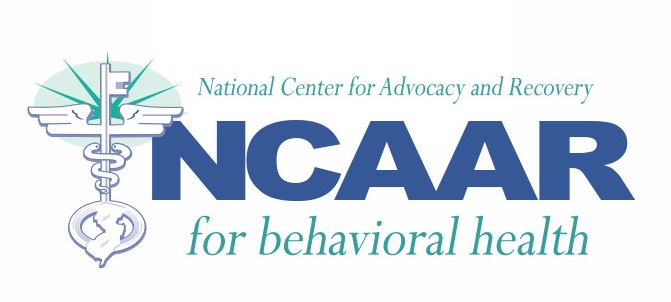Every once
in a while something happens to remind me how far we have to go in pursuing the
mission that Marty Mann established over 70 years ago when she started the
National Council on Alcoholism. That organization, which is now the National
Council on Alcoholism and Drug Dependence (NCADD), started with the mission to
educate the public that alcoholism is a disease, the alcoholic can be treated,
and that addiction is a public health issue. One of the primary purposes of NCADD
was to reduce the stigma associated with addictive illness.
I just read
an article that the town of Middleton Ohio is considering a proposal to limit
individuals overdosing from heroin to only two responses by the EMS services to
provide Narcan and thus be revived him from an opiate overdose. The city
Council states that this is a measure to deal with the financial cost of
providing Narcan, which has increased drastically over the last several years
due to the opiate epidemic.
Can you
imagine what the response would be if a city stated it was going to limit the
number of EMS responses for an individual with Chronic Obstructive
Pulmonary Disease who needed to be brought to the emergency room for acute
exacerbation, which can be as high as 3.5 per year per individual? I would imagine
there would be universal outrage and such a regulation would be considered
unthinkable.
And yet, we
must ask the question, why is a regulation that would clearly result in the
death of a human being considered acceptable? The answer of course, is the
stigma that is still alive and well with regard to addictive illness. The
belief continues that it is a moral and not a medical issue. That the
individual has acted with complete volition and if she or he chose to, they
could simply stop. This despite all of the research and evidence on the
functions of the brain which clearly show that addictive illness is a result of
brain chemistry and functioning.
So, the work of Marty Mann's mission is as vital today as it was 70
years ago. This is the work of the individuals who have volunteered as NCADD-NJ
Advocacy Partners and Leaders. They have
generously donated their time and energy to carry NCADD's message to the public
and policymakers in order to reduce the stigma here in New Jersey.
We need to continue to work together to establish an environment where
it would be unthinkable for any town in the state of New Jersey to remotely
consider such an ordinance as that in Middleton Ohio. We have already had an
impact on policy and New Jersey, but we need to remain active and vigilant so
that attitudes and beliefs don't slide back to the old stigmatizing and blaming
viewpoints.
We have put a face and voice on recovery in New Jersey and we at
NCADD-NJ are incredibly grateful to those who have stepped forward and
accomplished this. Hopefully together we can continue to move the tide of
public opinion towards compassion, understanding, and help towards individuals
and families affected by addictive illness.
Wayne E. Wirta
President/ CEO
NCADD-NJ
